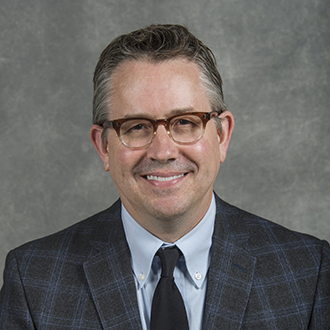
Jeff Neaton leads Berkeley Lab's Energy Sciences Area. He is a Senior Faculty Scientist at Berkeley Lab, a Professor of Physics at the University of California, Berkeley, and a member of the Kavli Energy NanoSciences Institute at Berkeley. His research involves the development and use of ab initio quantum theory for studies of complex materials and molecular systems with relevance to energy solutions and information technology, where he harnesses computational and data science approaches and often works in close collaboration with experiments. A former Director of The Molecular Foundry at Berkeley Lab, and a PECASE awardee, he is a fellow of the American Physical Society and an ISI Highly Cited Researcher.
Jeff can be contacted through Administrator Nick Moore.
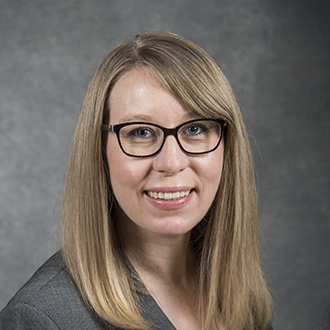
As ESA Deputy, Melissa Summers partners with the Associate Laboratory Director for Energy Sciences to formulate and carry out policy, processes, and scientific strategy to shepherd and grow ESA’s diverse research portfolio, user programs, and infrastructure. Melissa holds a B.A. and a Ph.D. in chemistry and was a Science and Technology Policy Fellow of the American Association for the Advancement of Science at the National Science Foundation Office of Legislative and Public Affairs.
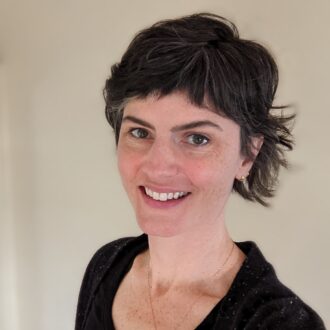
ESA Communications Lead Alison Hatt manages strategic communications functions of the ESA Office, in collaboration with Area leadership and Berkeley Lab’s Strategic Communications Office, among others. Alison holds a B.S. in Physics and a Ph.D. in Materials. Her previous Lab positions include User Program Director at the Molecular Foundry and Communications Specialist in the Materials Sciences Division. She previously worked at the Pacific Northwest National Laboratory's Environmental Molecular Science Laboratory (EMSL) user facility and as a freelance science writer and consultant.
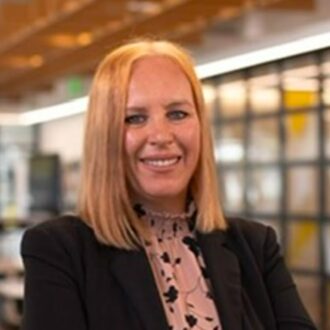
ESA's Senior Administrator, Anastasia Palmer, holds a B.S. in Computer Information Systems from National University. Her past roles at Berkeley Lab included Administrator and Administrative Assistant for the Accelerator Technology and Applied Physics Division. Before joining the Lab, Anastasia held impactful roles at Meta and Ernst & Young, where she specialized in operations, project coordination, and systems management.
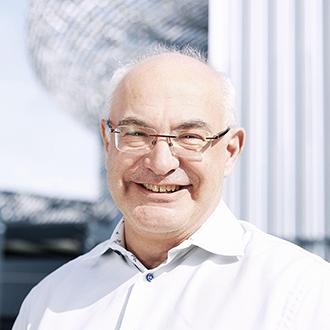
Dimitri Argyriou is an internationally recognized condensed matter physicist who utilizes neutrons and X-rays to understand emergent behavior in complex oxides and novel superconductors. He has worked across scientific areas that include solid state chemistry, crystal growth and theory. He joined the lab from the European Spallation Source where he was Director of Science. Argyriou received his Ph.D. and B.Sc. in Physics from the University of Technology, Sydney (UTS), Australia and his habilitation from Rheinisch-Westfälische Technische Hochschule, Aachen, Germany. He is a fellow of the American Physical Society and a recipient of the Friedrich-Wilhelm-Prize for his work on multiferroics.
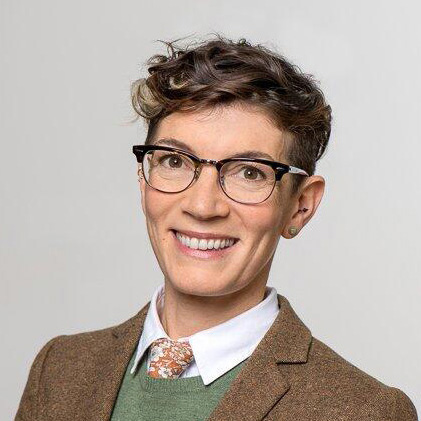
Polly Arnold is a renowned heavy-element chemist who joined Berkeley Lab from the University of Edinburgh where she was the Crum Brown Chair of Chemistry. She is also a Professor of Chemistry at the University of California, Berkeley. Her research focuses on advancing our understanding of the bonding and reactivity of heavy elements, the elements of the f-block of the periodic table. Among her many awards and honors, Arnold is a Fellow of the Royal Society, and was awarded the 2012 Rosalind Franklin Award and Order of the British Empire in 2017 for her outstanding contributions to chemistry and women in STEM.
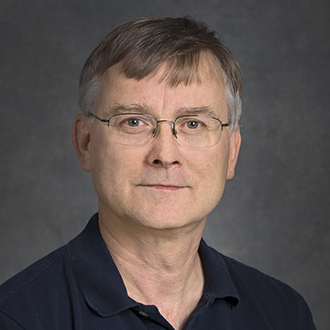
Peter Fischer received his Ph.D. in Physics (Dr.rer.nat.) from the Technical University in Munich, Germany in 1993 on pioneering work with X-ray magnetic circular dichroism in rare earth systems. Since 2004 he has been with the Materials Sciences Division at Lawrence Berkeley National Laboratory in Berkeley CA. He is a Senior Scientist and Principal Investigator in the Non-Equilibrium Magnetic Materials Program. His research program is focused on the use of polarized synchrotron radiation for the study of fundamental problems in magnetism.
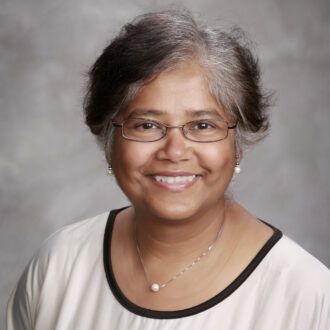
Ashfia Huq is a materials scientist specializing in X-ray and neutron powder diffraction to study energy storage materials, catalysts, and strongly correlated electron systems. She joined the Molecular Foundry from Sandia National Laboratories, where she managed the Materials Physics Department and served on the Basic Energy Sciences Advisory Committee. Huq previously spent 13 years at Oak Ridge National Laboratory, leading the construction of the POWGEN powder diffraction beamline and managed a diffraction group overseeing four neutron instrument teams. She holds a Ph.D. in Physics and Astronomy from Stony Brook University and a BA in Physics and Computer Science from Mount Holyoke College.
